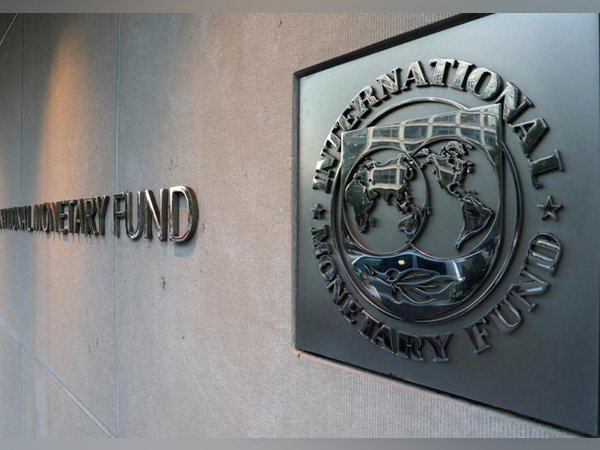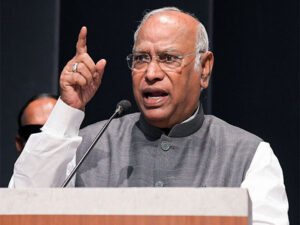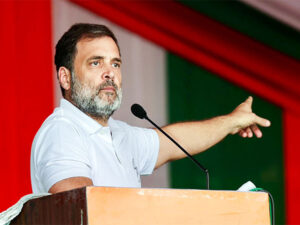
Washington D.C. [USA], June 24 (ANI): The International Monetary Fund (IMF) on Wednesday said that global growth is projected at -4.9 per cent in 2020, while India’s economy is expected to shrink by 4.5 per cent following a longer period of lockdown and slower recovery than anticipated in April.
The (IMF) projected global growth at -4.9 per cent in 2020 is 1.9 percentage points below April 2020 World Economic Outlook (WEO) forecast.
“The COVID-19 pandemic has had a more negative impact on activity in the first half of 2020 than anticipated, and the recovery is projected to be more gradual than previously forecast,” the IMF said in a report.
The agency, however, predicted the global economy to rebounce in 2021 with 5.4 per cent growth rate. Overall, this would leave 2021 GDP some 6.5 percentage points lower than in the pre-COVID-19 projections of January 2020. “The adverse impact on low-income households is particularly acute, imperilling the significant progress made in reducing extreme poverty in the world since the 1990s,” it said.
The IMF called on countries–including those that have seemingly passed peaks in infections–to ensure that their health care systems are adequately resourced.
The international community must vastly step up its support of national initiatives, including through financial assistance to countries with limited health care capacity and channeling of funding for vaccine production as trials advance, so that adequate, affordable doses are quickly available to all countries, it said.
Where lockdowns are required, economic policy should continue to cushion household income losses with sizable, well-targeted measures as well as provide support to firms suffering the consequences of mandated restrictions on activity, it said, adding that where economies are reopening, targeted support should be gradually unwound as the recovery gets underway, and policies should provide stimulus to lift demand and ease and incentivize the reallocation of resources away from sectors likely to emerge persistently smaller after the pandemic. (ANI)
















